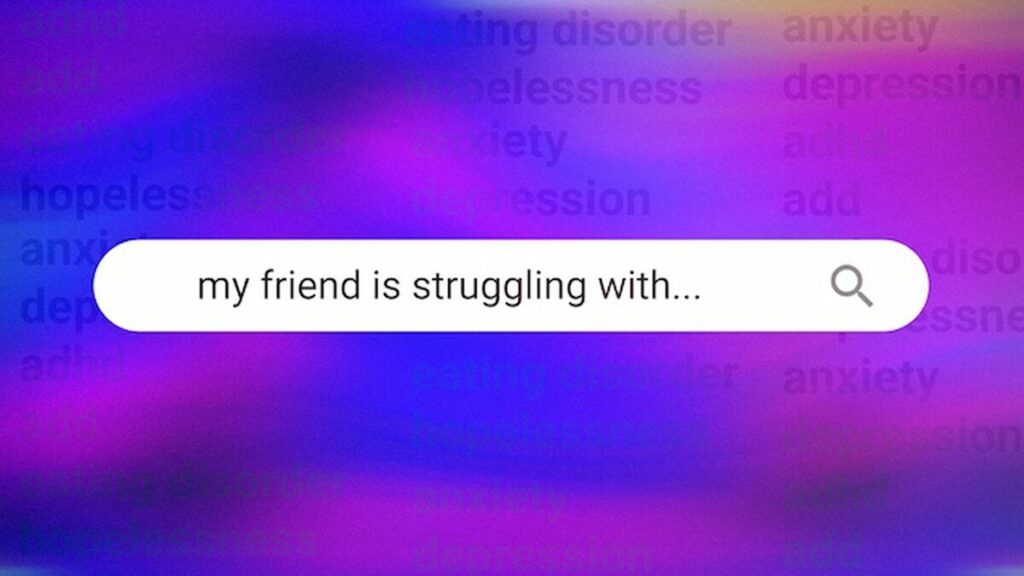Feeding and Eating disorders are often characterized by an unhealthy relationship with food, whether that is through excessive eating or refusal to eat enough to maintain a healthy weight, and a distorted body image. Although more often diagnosed in girls, boys are also diagnosed but can be missed because it is harder to spot. Not everyone with an eating disorder appears underweight, eating disorders appear all over the spectrum.
The most common feeding and eating disorders we see in students include anorexia, bulimia, and purge eating. Anorexia can be characterized by a refusal to eat, excessive weight loss, and distorted body image. A person with anorexia believes they are too fat, while everyone else sees them as far too thin. Bulimia can be characterized by frequent binge eating, followed by purging and/or strenuous dieting. Unlike anorexia, bulimia is often recognized by a normal weight or somewhat overweight. Binge eating is often accompanied by a feeling of having lost control, and often done in secret accompanied by shame and guilt. Similar to bulimia, weight is normal or overweight, however binge eating disorder is not accompanied by trying to get rid of the food by purging.
4 Practical Ways to Support a Student with an Eating Disorder:
1.Have Healthy Snacks Available
- Keep healthy snacks in your office, the youth room, kitchen, etc.
- Fruits, Veggies, Granola Bars, Popcorn, Nuts, Pretzels, etc.
2. Offer Support
- Be there to support them along their recovery journey.
- Show compassion and understanding.
- Be aware of how you talk about body image in your group.
3. Be Extra Aware at Camps and Retreats
- Be aware of how much the student is eating, watch if they have skipped meals.
- Have volunteers keep eyes their peeled for any students who have missed multiple meals, etc.
- Require all students and leaders to attend meals.
- If doing high energy activities, make a deal on how much or what they need to eat in order to do the activity.
- Have them bring food you know they will eat.
4. Partner with Parents
- If you notice a student not eating consistently, or recognize other signs of an eating disorder, talk with the parent.
- If they are already aware, find out what their plan is and how you can support the student.
Resources:
National Eating Disorder Association
Want to start conversations about Mental Health in your youth group? Check out a brand new Mental Health series at Download Youth Ministry:
This 4-week series addresses mental health from a physical, mental, and spiritual perspective. Mental illnesses are real and daunting, but even in the middle of it, there can be hope. The first week gives a mental health overview, the second week addresses depression, the third week addresses anxiety, and the fourth week addresses suicide.
For the month of May, 100% of the proceeds for this resource will go to a scholarship fund to help youth workers with a mental health challenge see a counselor. If you are interested in this scholarship, you can fill out the application here.


